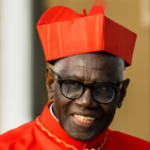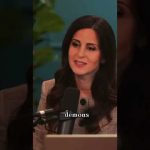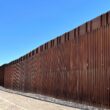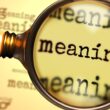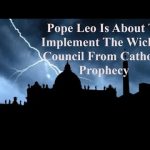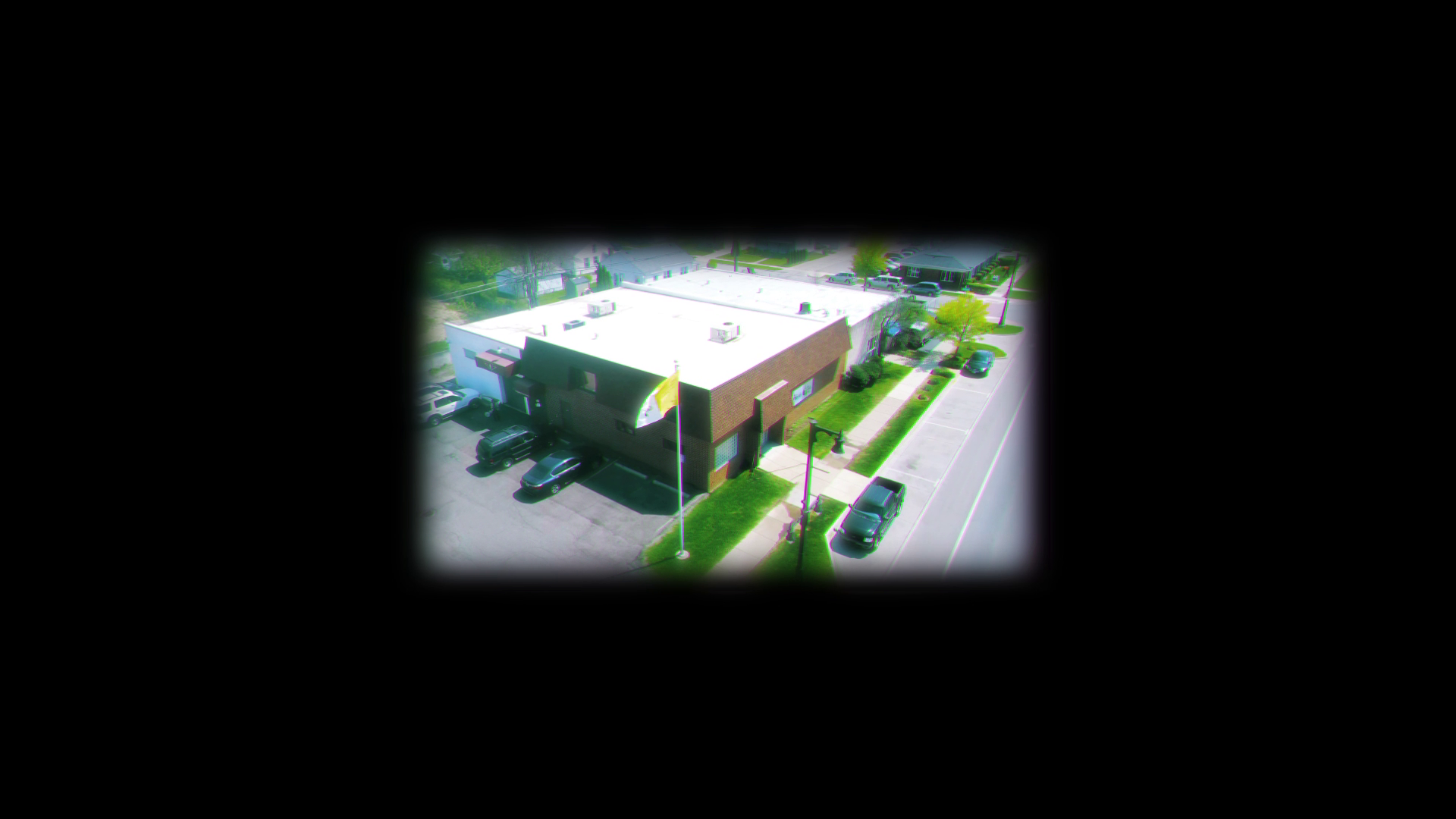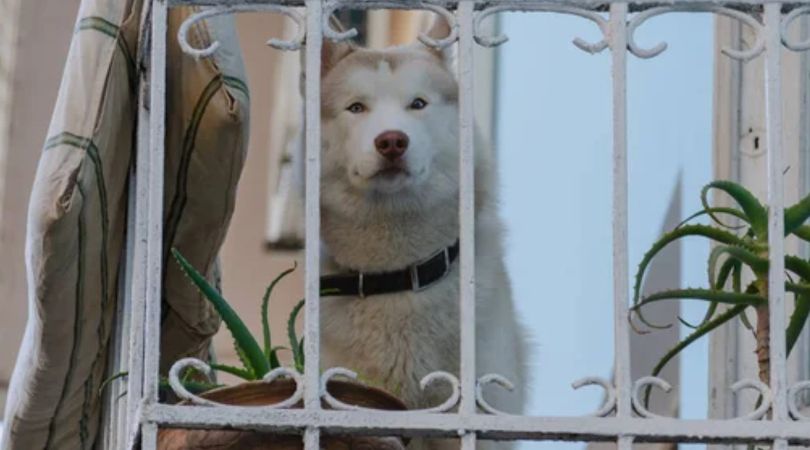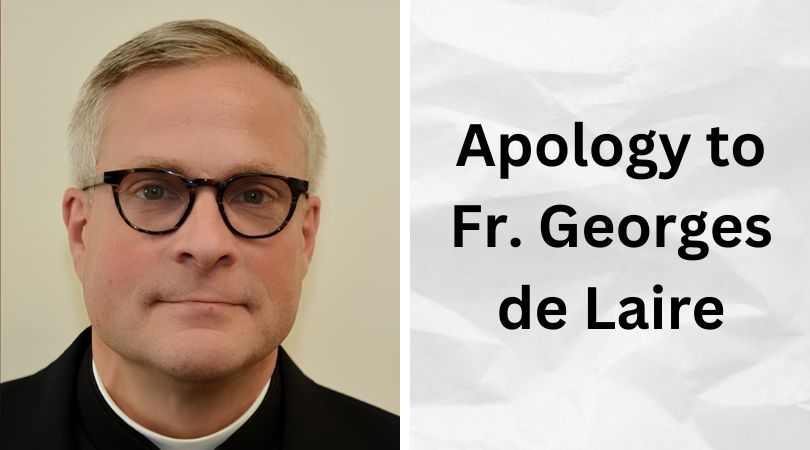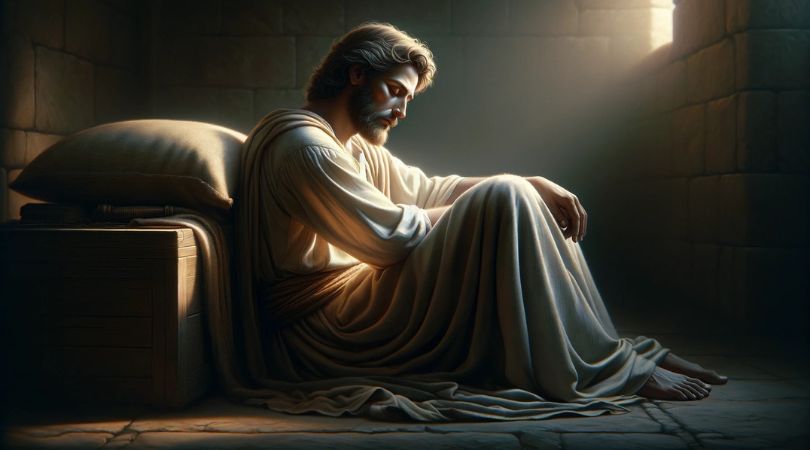WASHINGTON (ChurchMilitant.com) – An assembly of Catholic leaders met with senior White House officials last Friday, highlighting an ongoing alignment between certain bishops and Democratic policymakers.
Abp. John Wester, Bp. Edward Weisenburger,
Bp. Joseph Tyson, and Sr. Carol Zinn
The meeting, which included Abp. John Wester of Santa Fe, Bp. Edward Weisenburger of Tucson, Bp. Joseph Tyson of Yakima, and Sr. Carol Zinn, the executive director of the Leadership Conference of Women Religious, focused on environmental stewardship and policy.
The Church delegates engaged in discussions with John Podesta, President Biden’s senior adviser for clean energy; John McCarthy, senior adviser for political engagement; and Ali Zaidi, the national climate adviser. Central to their conversation were the moral implications of environmental issues — concerns inspired by Pope Francis’ encyclical Laudato Si’.
Participants in the meeting expressed support for the Inflation Reduction Act — a federal law ostensibly designed to reduce the federal budget deficit, increase federal revenues without any new expenditures and boost domestic energy production with a focus on clean energy initiatives. They also discussed the Environmental Protection Agency’s regulations on methane and carbon pollution.
Your browser does not support the video tag.
The meeting with White House officials took place just one day after the conclusion of the United States Conference of Catholic Bishops’ annual fall gathering in Baltimore, where bishops placed greater emphasis on abortion than on climate change in their preparations for the 2024 elections. This subsequent engagement of some bishops with government officials on environmental issues could suggest a strategic move to address social concerns they deem more significant.
John Podesta
One of the individuals in these discussions, John Podesta, is drawing particular attention.
Podesta, known for his role as Hillary Clinton’s campaign chair in 2016, became a figure of controversy during that year’s U.S. presidential election. The so-called Pizzagate theory emerged after WikiLeaks released his emails, which were purported by some to contain coded messages. Some argued these messages linked high-ranking Democratic officials and U.S. restaurants to human trafficking and child sex rings. Podesta has denied these allegations.
John Podesta
In a 2018 Rolling Stone interview, Podesta firmly rejected the Pizzagate allegations, taking a swipe at President Trump in the process.
“It’s painful and crazy,” he stated. “I’m pretty grizzled. One big difference is you’ve got somebody sitting in the Oval Office stoking the conspiracy. That’s pretty different than what I’ve experienced in my years in politics.”
But the arrest of Slade Sohmer, former editor-in-chief of The Recount, known for debunking alleged conspiracy theories like Pizzagate, has reignited discussions around these theories.
Ironically, Sohmer, who had professional and personal connections with Podesta, now faces charges that echo the central claim of the Pizzagate theory he once refuted. He was apprehended by authorities following a tip from the National Center for Missing and Exploited Children. More than 1,000 explicit images and videos were found on his electronic devices.
Sohmer’s direct ties to Podesta, a pivotal figure in the Pizzagate saga and a notable political strategist, have fueled further speculation.
While the bishops are not implicated in these controversies, the resurgence of such speculation underscores the importance of careful consideration in their choice of political associates.


